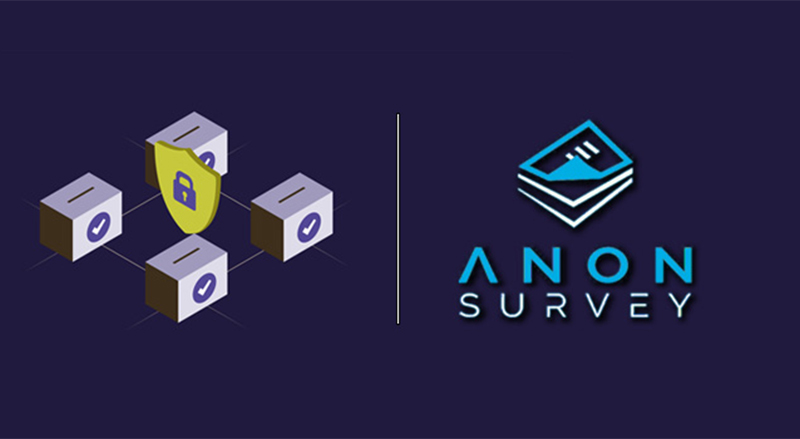In the latest episode of our Blockchain Hustlers series, we feature BSV blockchain stalwart Eli Afram, Creator of AnonSurvey. The AnonSurvey app helps companies build a questionnaire, survey, voting form, or any data collection form you can think of, to privately and securely collect data from users.
Afram demonstrates AnonSurvey’s tools and details how the app can be used for everything from shareholders voting on a company merger, to customers responding to satisfaction polls, councillor elections, or employee satisfaction surveys. Notability, AnonSurvey can do this in a publicly verifiable manner, whilst maintaining privacy confidentiality, as it is built on BSV.
A clear use case for blockchain
Afram says that the idea for AnonSurvey was formed as part of his ongoing work in a local government council in Australia. He noted that the council had no trustworthy and easy way to survey its constituents.
Naturally, this is not just a problem for one council but in any government organisation or business where voters need to see that their vote was counted in crucial elections, he said.
‘It’s also important for stakeholders and shareholders – they want to know that their vote is indeed counted. It’s great for transparency, and transparency is absolutely crucial for voting. Otherwise, it’s just rife with fraud and we know that because we’ve seen it all over the world.’
Building AnonSurvey on BSV blockchain
While AnonSurvey is not dissimilar to existing survey tools such as Survey Monkey, Afram said the key differentiator is the use of the BSV blockchain as a base layer.
‘Someone who’s voted can see their vote on the blockchain, (while) someone who’s responded can see the response on the blockchain. If you’re doing an academic survey as part of research work, those surveys are going to be immutably recorded on the blockchain for decades and decades.
‘And then if the work is cited in future, suppose in 50 years, and someone else wants to review the work, they’ve got access to the original survey data. They can return to the original report and the survey and reassess things. Maybe they can find something new or they can just cite a specific response or whatever it might be.’
Afram said that he built AnonSurvey on BSV in particular because he is a long-time advocate of a scaling blockchain. While this has obvious advantages, Afram said that one of the key benefits is lower fees.
‘For less than $200 we can get the vote of the entire Australian population, of the entire Australian voting population. That is a small price to pay to record data immutably and indefinitely.’
Demonstration of AnonSurvey
This episode of Blockchain Hustlers also includes a demonstration by Afram on how AnonSurvey works, including:
A full feature set with AnonSurvey
With AnonSurvey, enterprises have access to several key features, including:
- One-click reports: Generate reports and analytics with a click of a button. Alternatively, users can explore the data to do their slicing and dicing.
- Privacy: AnonSurvey preserves a respondee’s anonymity and collects accurate responses assuring privacy is maintained.
- Immutable responses: The choice to publish replies to the blockchain immutably for verification purposes is provided as an option.
- WYSIWYG builder: Users can easily build forms, mass mail or distribute links themselves.
Looking ahead
While AnonSurvey currently allows for responses to be received without fear of tampering, there is still some oversight required to ensure that the responses are eligible. Afram gave the example of people in Belgium voting in the Australian election.
‘Now something I kind of want to do in the very near future is to have a secondary option where we open it up where anyone can respond to a particular survey so it’s not designated to a particular recipient.’
Afram said he is also bullish about the BSV community in Australia and how it continues to grow and change.
‘If the Australian community can work together and organise more conferences, we can hopefully get more work from business, We can open the eyes of business and we need to do a bit more evangelism in this space. We don’t do it enough.’
